Ethiopia
Forces in Ethiopia's Amhara region are continuing a campaign of "ethnic cleansing" of part of neighbouring Tigray under their control, despite the end of the conflict in this region of northern Ethiopia, Human Rights Watch (HRW) said on Thursday.
The November agreement that put an end to hostilities in northern Ethiopia "has not put an end to the ethnic cleansing of Tigrayans in the Western Tigray zone", Laetitia Bader, deputy Africa director of the human rights organisation, accused in a press release.
Regional paramilitary units and Amhara "Fano" militiamen, who supported the Ethiopian federal army during the brutal two-year war against the rebel regional authorities of Tigray, have taken control of this area, which is administratively attached to Tigray but which the Amhara consider to be their ancestral homeland.
"Amhara forces" there "continue to forcibly evict Tigrayans as part of a campaign of ethnic cleansing", HRW accuses in a new report.
"Since the start of the armed conflict in Tigray in November 2020, the Amhara security forces and the interim authorities have carried out a campaign of ethnic cleansing against the Tigrayan population in West Tigray, committing war crimes and crimes against humanity", HRW points out, denouncing "arbitrary detentions, torture and forced deportations".
HRW says it interviewed 35 people by telephone between September and April this year - witnesses, victims and members of humanitarian organisations.
"The interviewees said that local authorities and Amhara forces had imprisoned more than a thousand Tigrayans" in official and unofficial prisons in three West Tigray towns "on the basis of their identity, before forcibly deporting them in November 2022 and January 2023", explains HRW.
The precise number of Tigrayans driven out of West Tigray is unknown, but "by 2021, it was estimated that hundreds of thousands of people had been displaced from West Tigray to other parts of Tigray", according to the organisation.
"In March, militias in West Tigray continued to threaten and harass Tigrayan civilians", it continued.
HRW claims to have submitted its preliminary conclusions to the Ethiopian government in May but to have received no response, and accuses it of showing little eagerness "to bring to justice those responsible for abuses in Western Tigray" and of "opposing independent investigations into atrocities in Tigray".
The peace agreement signed in Pretoria in November between the federal government and the Tigray authorities provides for the establishment by the Ethiopian authorities of a "transitional justice" mechanism designed to identify and try those responsible for the many atrocities, attributable to both sides, recorded during the two years of war in northern Ethiopia.



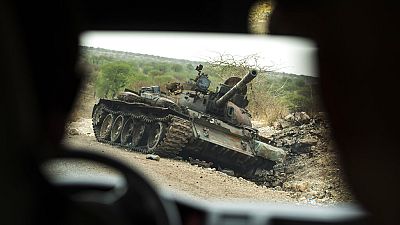

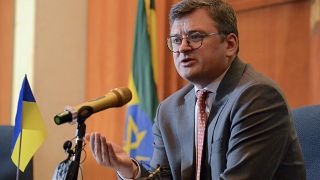
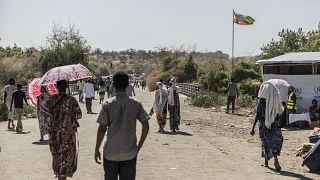
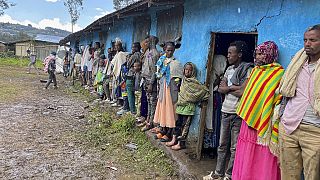

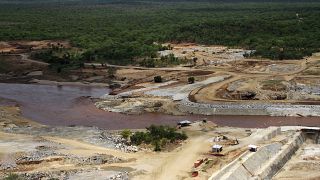
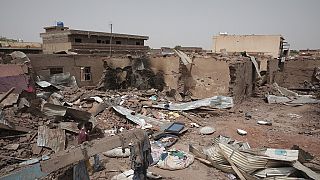
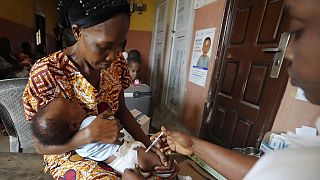

Go to video
10 children killed in Mozambique election protests: HRW
Go to video
Burkina: Civilians needlessly exposed to danger, according to HRW
01:00
Tunisia's president dismisses Prime Minister, names new successor
Go to video
Rwanda: 30 years later, the chilling story of genocide survivors
Go to video
An Islamist group used child soldiers in Mozambique attacks - HRW
Go to video
HRW accuses an extremist group and ethnic militias of atrocities in Mali